Artificial Intelligence (AI) is rapidly reshaping the music industry—from composition and production to recommendation and performance. As AI technology continues to evolve, its role in music is expanding, raising both exciting opportunities and critical questions about creativity, originality, and human expression.
What is the Role of AI in Music?
AI in music involves using machine learning algorithms and neural networks to generate sounds, compose melodies, analyze music patterns, enhance production, and personalize listener experiences. It acts as both a tool and a collaborator for musicians, producers, and listeners alike.
Key Developments Shaping the Future of AI in Music
AI-Generated Composition
AI models like OpenAI’s MuseNet or Google’s Magenta can compose original music in various styles—from classical symphonies to pop hits. These systems analyze massive datasets of music to learn patterns, structure, and harmony, allowing them to create entirely new compositions that resemble human-created works.
Virtual Artists and Performers
AI is now being used to create virtual musicians and singers. These synthetic performers can generate vocals, lyrics, and even stage presence. AI-driven avatars are already gaining traction in virtual concerts and digital music experiences, redefining what it means to be a musical artist.
Music Production and Mixing
AI tools assist producers by automating repetitive tasks such as mastering, mixing, and audio enhancement. Software like LANDR and iZotope uses AI to analyze tracks and suggest improvements in sound quality, saving time and improving consistency in production.
Personalized Music Recommendations
Streaming services like Spotify and YouTube Music leverage AI to analyze user behavior and suggest tailored playlists. As AI becomes more sophisticated, these recommendations will become even more intuitive, possibly adapting to moods, activities, or even biometrics.
Music Education and Accessibility
AI-powered apps are making music education more accessible by providing real-time feedback, virtual instruments, and interactive learning environments. This democratizes music learning, allowing aspiring artists to improve skills at their own pace.
Challenges and Ethical Considerations
While AI is unlocking new frontiers in music, it also introduces important concerns:
- Creativity and Authenticity: Can a machine truly create, or is it just remixing what already exists? The originality of AI-composed music is still debated.
- Artist Credit and Compensation: When AI contributes to a piece, who owns the rights—the developer, the user, or the machine? Clear guidelines are still emerging.
- Loss of Human Touch: Critics argue that AI-generated music lacks the emotion and context that come from human experience.
- Cultural Bias: AI systems trained on limited or skewed datasets may overlook diverse musical traditions and voices.
What’s Next?
The future of AI in music is likely to feature deeper collaboration between humans and machines. Rather than replacing musicians, AI will serve as a creative partner, offering inspiration, efficiency, and innovation. As tools become more accessible and integrated, artists at all levels will be empowered to experiment and expand their musical horizons.
Conclusion
AI is not just changing how music is made—it’s transforming who can make it, how it’s shared, and how it’s experienced. While challenges around ethics, authorship, and creativity remain, the potential for innovation is vast. Embracing AI with thoughtful intention can lead to a more inclusive, dynamic, and exciting future for music.


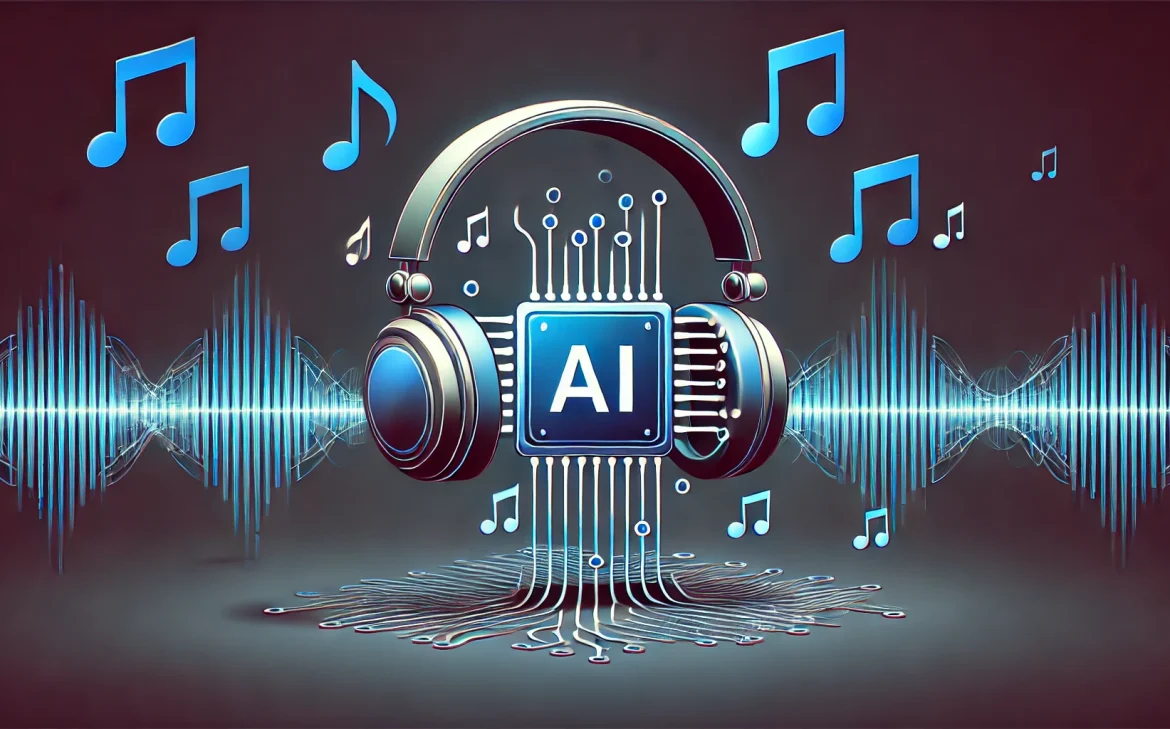
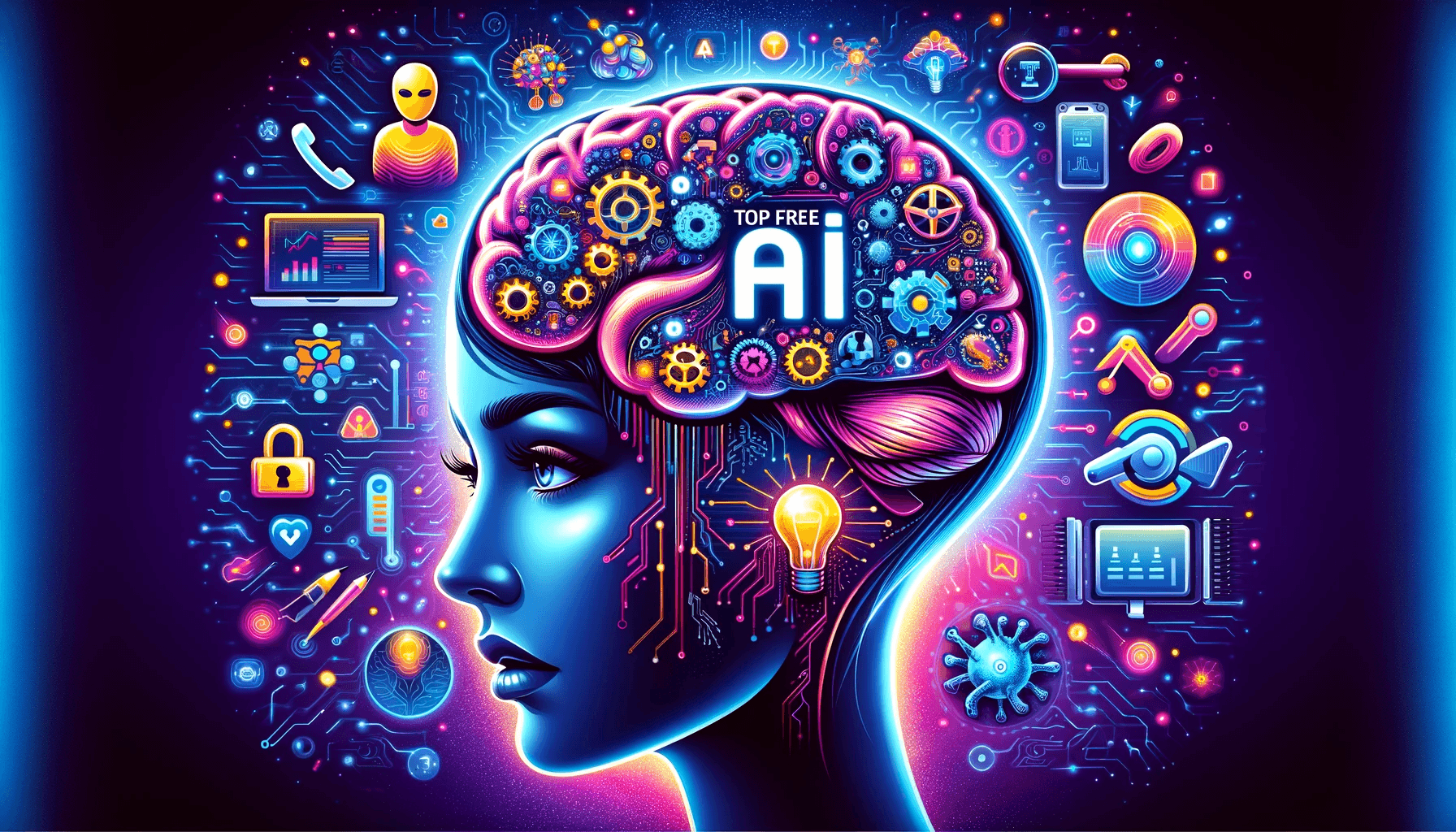
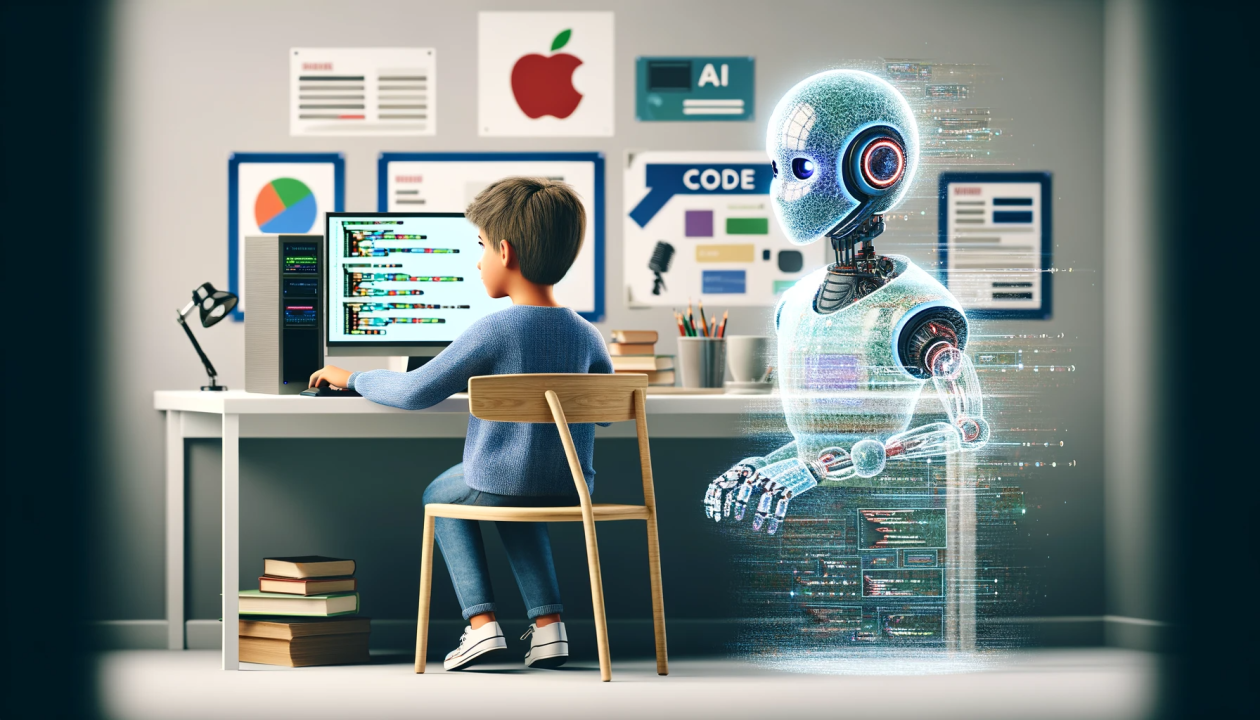
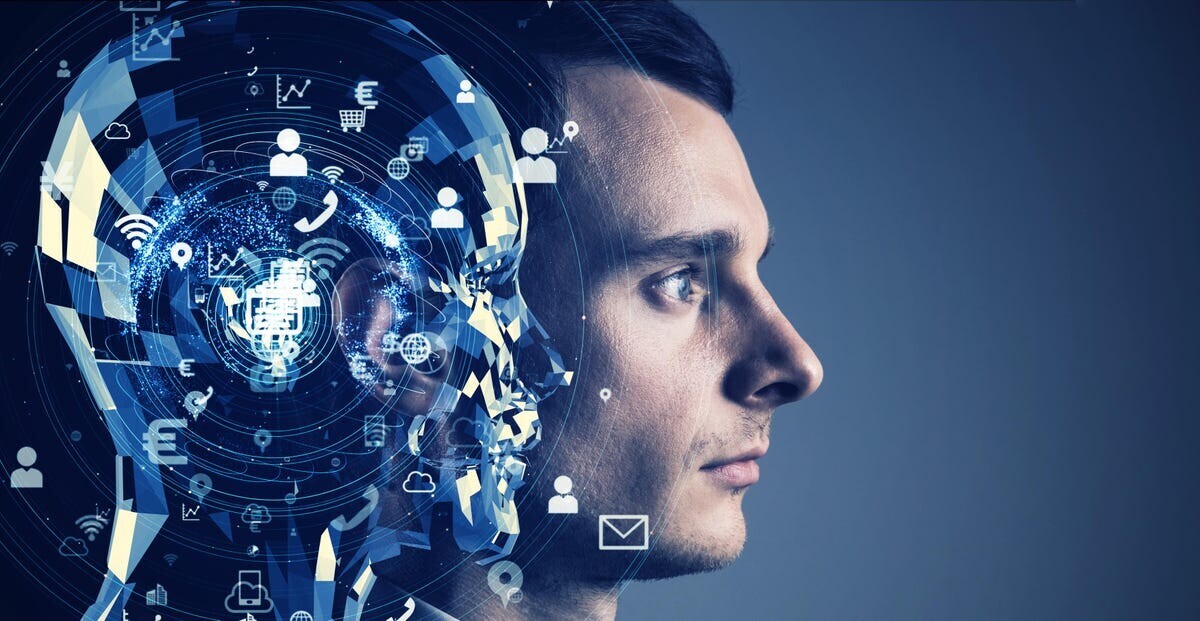
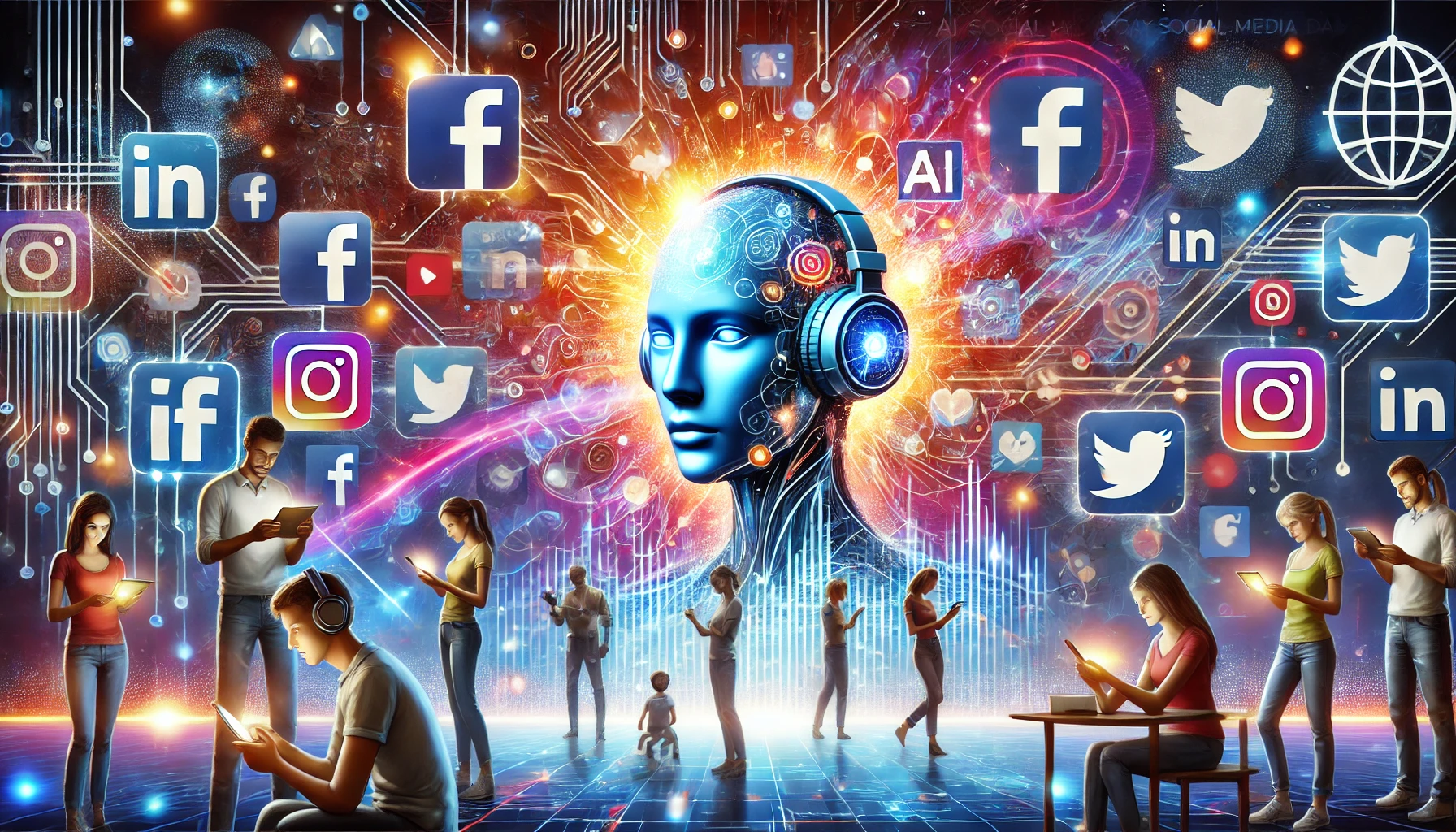
Leave feedback about this